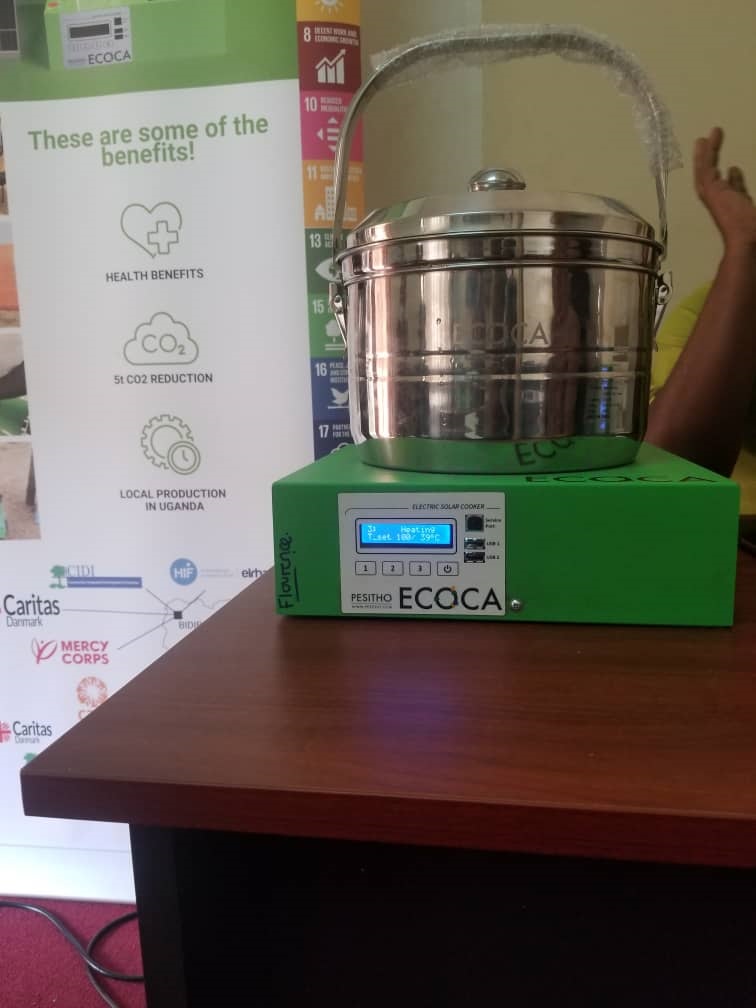Location(s)
Tags
SDG(s)
Sustainable Development Goal(s)
Powered by


SDG(s)
Sustainable Development Goal(s)
 2Zero hunger
2Zero hunger 3Good health and well-being
3Good health and well-being 7Affordable and clean energy
7Affordable and clean energy 13Climate action
13Climate actionPlease be aware that the content herein is comprised of personal reflections, observations, and insights from our contributors. It is not necessarily exhaustive or authoritative, but rather reflects individual perspectives. While we aim for accuracy, we cannot guarantee the completeness or up-to-date nature of the content.
What is the name of the solution holder? (main contact person, if multiple)
What is the address and preferred way to contact the solution holder?
Does the solution holder have any institutional affiliation in country?
What is the purpose of the solution? (brief problem & solution description)
Please upload a picture of the solution.

Please insert a link to the solution.
Is this solution DIY / open source or IP protected?
IP protected
Will the solution holder be able to train others (including end-users) in using or replicating the solution?
Yes
What is the unit cost of this Solution along with any additional cost for maintenance and training?
Is this solution a prototype or product?
Product
If this solution is a product, is it available in the market (off the shelf) or advance order has to be given?
Advance order has to be given
What is the Technological Readiness Level (TRL) of this solution?
How much has this solution already been diffused? Is there potential feedback from end-users available?
Please upload a link of end-user feedback
Are there any efficiency benchmarks for this solution (eg. how much energy does it save; how much cheaper does it produce energy than current market rates/ current household expenditure / cost per kW h)?
Are there any other potential bottlenecks affecting cross-border or in country diffusion of this solution?
Please attach a consent form or add an official link to this solution.
Comments
Log in to add a comment or reply.